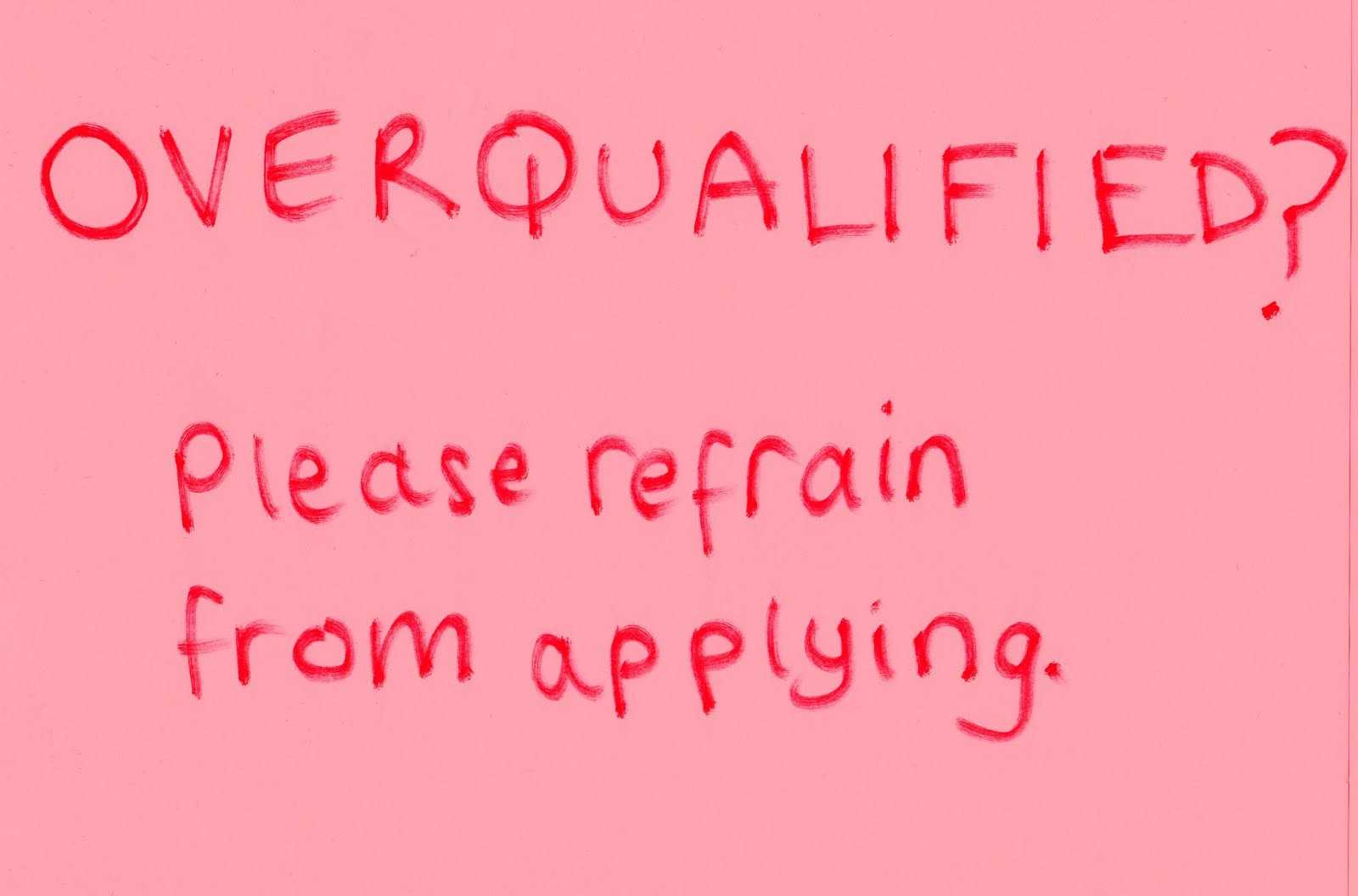
When you find yourself with more skills and experience than what is needed for a position, it can raise concerns both for you and the potential employer. While this situation may seem like a challenge, it’s actually an opportunity to showcase your strengths in a way that aligns with the company’s goals and needs.
Employers often hesitate when they believe a candidate might be too advanced, fearing that the person may become disengaged or leave once a better opportunity arises. However, this assumption can be addressed effectively by demonstrating how your extra qualifications can benefit the role and the organization. It’s about striking the right balance between highlighting your strengths and addressing their concerns.
In this section, we’ll explore strategies for navigating these conversations, focusing on how to frame your experience in a way that emphasizes your genuine interest, adaptability, and potential for long-term contribution.
How to Address Being More Experienced Than Required
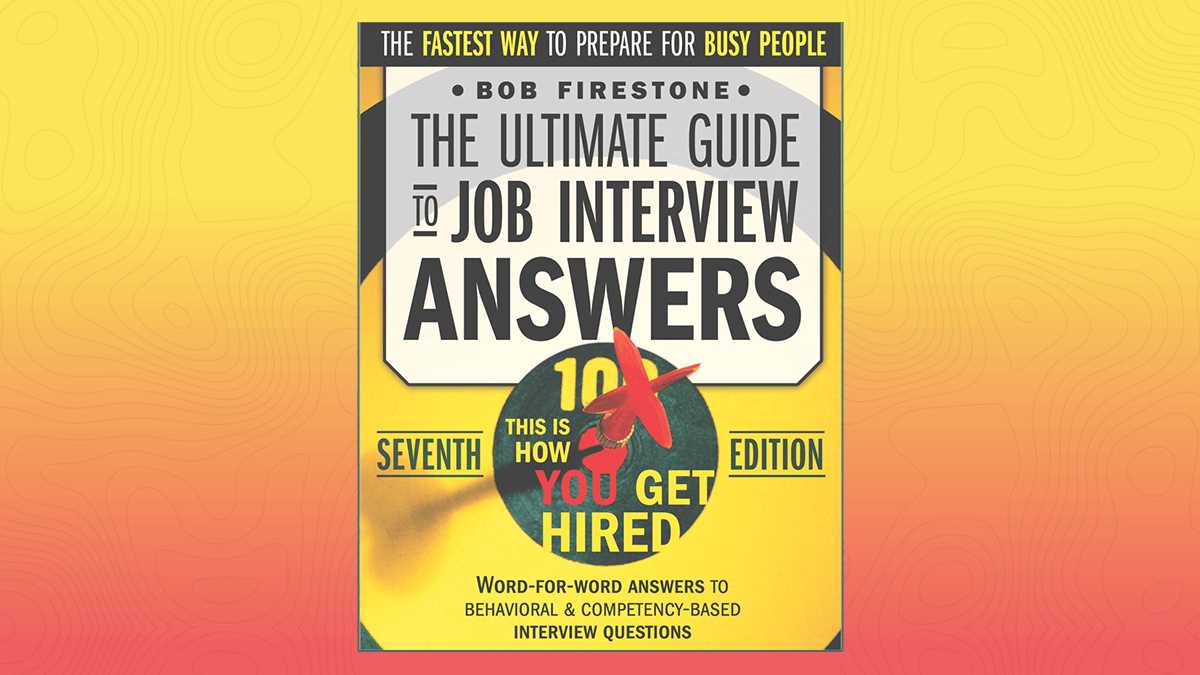
When your background exceeds the needs of a potential position, it can create uncertainty. Employers may question whether you’ll stay engaged or if the role will truly challenge you. However, instead of seeing this as a hurdle, it can be used as an advantage. The key is to communicate how your advanced skill set is not a burden but an asset that can bring significant value to the organization.
Emphasizing Long-Term Commitment
One of the main concerns employers have is that highly experienced candidates will quickly become dissatisfied. To ease this concern, it’s important to emphasize your enthusiasm for the role and company, making it clear that you are excited about the opportunity and willing to contribute in meaningful ways. Highlighting how the position aligns with your personal values and career goals can reassure the hiring manager of your genuine interest.
Turning Your Experience into an Asset
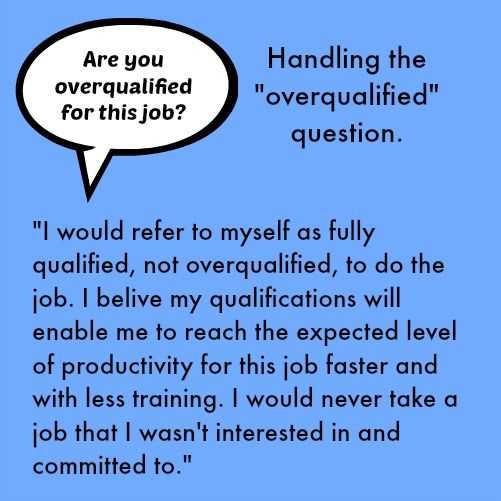
Rather than downplaying your expertise, consider framing it as a benefit. Show how your additional skills and knowledge can lead to more efficient processes, better problem-solving, and increased value for the team. Demonstrating flexibility and willingness to take on diverse responsibilities can also help highlight that you’re not just looking for a stepping stone but a role where you can make a long-lasting impact.
Understanding the Concern of Having Excessive Experience
When a candidate’s qualifications surpass the expectations of a role, it often raises doubts among employers. The main fear is that the individual may not be satisfied with the work and could leave for a more challenging opportunity once found. This concern is rooted in the belief that highly skilled professionals might feel underutilized or disengaged in a less demanding position.
Why Employers May Hesitate
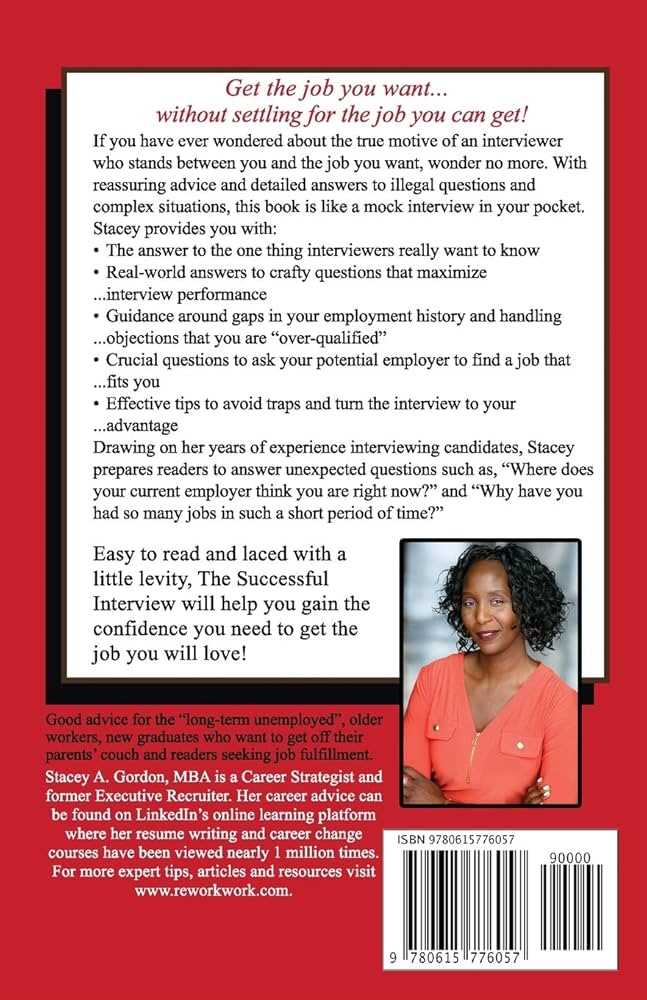
Employers typically worry about several key issues when considering candidates with an extensive background:
- Potential for Dissatisfaction: The fear that the candidate might not find the position fulfilling enough.
- Short-Term Commitment: Concerns that the individual will quickly move on once a better-suited role becomes available.
- Inflexibility: The belief that the candidate may expect higher responsibilities or compensation that the position cannot provide.
How This Perception Can Be Addressed

While these concerns are understandable, they can be mitigated by addressing them head-on. Demonstrating how your extra skills can complement the company’s goals and your genuine interest in the specific role can alleviate fears of premature departure or discontent. Clear communication about your long-term goals and enthusiasm for the position is crucial in reassuring the employer.
Why Having More Experience Isn’t a Negative
Having more qualifications than required for a position is often seen as a potential drawback, but in reality, it can be a significant advantage. Rather than posing a risk, a wealth of experience brings a fresh perspective, increased efficiency, and a higher level of competence that can benefit the team and organization in numerous ways.
More experienced candidates can handle tasks with greater ease, foresee potential issues, and implement solutions more effectively. This not only leads to better performance but also helps the company avoid common pitfalls, making the candidate’s experience an asset rather than a concern.
Additionally, individuals with a broader skill set tend to bring valuable insights and ideas from previous roles, which can lead to improvements in processes, strategies, and overall team dynamics. Instead of worrying about them leaving, employers should focus on how their advanced qualifications can help foster growth and innovation within the company.
Common Misconceptions About Having Excessive Experience
When candidates possess more qualifications than necessary, it often leads to misunderstandings about their intentions and capabilities. These misconceptions can prevent employers from fully recognizing the potential benefits of hiring someone with a wealth of experience. It is essential to address these myths to foster a clearer understanding of how extra expertise can contribute positively to an organization.
One common misconception is that individuals with higher qualifications may not be interested in staying long-term. Employers may assume that such candidates are only seeking temporary employment until they find a better fit. However, many experienced professionals are looking for stability and are eager to contribute their skills to a role where they can make a lasting impact.
Another belief is that highly skilled candidates will expect higher compensation than the role offers. While it’s true that salary expectations may differ, many individuals are more focused on finding a position that aligns with their values, interests, and long-term career goals, rather than just financial rewards.
Additionally, some worry that candidates with more experience may struggle with tasks that are less complex than what they’re accustomed to. On the contrary, those with extensive backgrounds often excel at handling even the simplest tasks efficiently, thanks to their ability to quickly adapt and find innovative solutions.
How Excessive Experience Affects Employer Perceptions

When candidates possess more experience than required, it often shapes the way employers view their potential. While this can be seen as an asset, it can also create doubts or hesitation, particularly if the employer feels that the candidate might not be fully invested in the role or organization. Understanding how excessive experience influences hiring decisions is crucial for both candidates and employers alike.
One of the primary concerns for employers is the fear that highly experienced candidates may become bored or disengaged in a position that doesn’t challenge them. This perception can lead to doubts about whether the individual will remain in the role for the long term, with the employer worried about investing time and resources in someone who might leave once a more suitable opportunity arises.
Additionally, some employers may believe that individuals with extensive experience could be more difficult to manage or less flexible, assuming that they are set in their ways or expect a higher level of authority. In reality, many experienced professionals are eager to adapt to new environments and contribute in meaningful ways, provided that the role aligns with their interests and career goals.
These perceptions can be overcome with effective communication, where candidates can emphasize their motivation, adaptability, and desire to make a significant impact within the organization. By addressing these concerns directly, candidates can shift the focus from potential drawbacks to the numerous benefits their experience brings to the table.
Turn Your Experience Into an Asset
When you possess a wealth of experience beyond what is required for a particular role, it can initially seem like a potential obstacle. However, with the right approach, this background can be reframed as a valuable asset. Instead of viewing it as something that might make you less desirable, you can leverage your experience to showcase your strengths, problem-solving abilities, and long-term value to the organization.
Highlighting the Benefits of Your Expertise
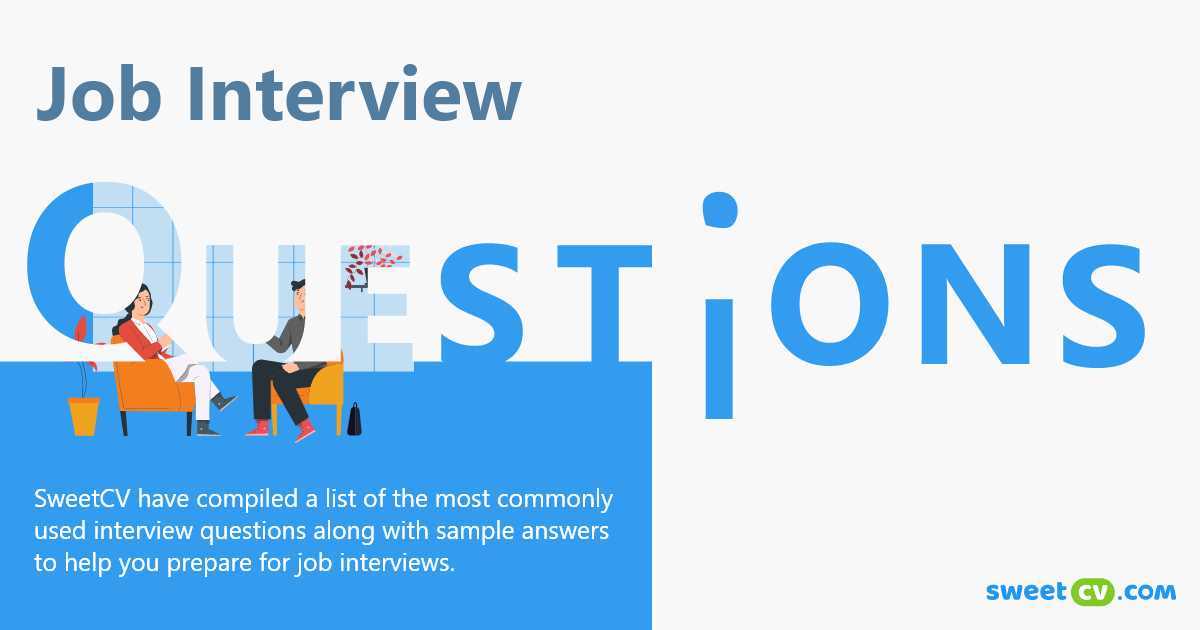
Your additional skills and knowledge can make a significant impact on the company’s success. By demonstrating how your experience allows you to perform tasks more efficiently, solve problems creatively, and contribute to the overall growth of the team, you can show that your qualifications will not only benefit you but also those around you.
| Benefit | How Your Experience Contributes |
|---|---|
| Increased Efficiency | Faster decision-making and problem-solving based on past experience. |
| Broader Perspective | Ability to offer new ideas from previous roles that improve processes. |
| Leadership Skills | Ability to mentor and guide others with confidence and insight. |
| Adaptability | Willingness and ability to adjust to new challenges and responsibilities. |
Framing Your Background Positively
Instead of focusing on the idea that you are “too experienced” for the role, emphasize your enthusiasm for bringing your skills to a new environment. By clearly communicating your interest in making a positive impact and how your background can help the organization achieve its goals, you demonstrate your commitment and potential to thrive in the position.
Addressing Concerns Without Undermining Yourself
When you possess more experience than a role demands, it’s natural for employers to have concerns about your fit for the position. These worries often stem from a fear that you might not remain satisfied with the role or that you could become disengaged due to the work being less challenging. The key to addressing these concerns is to reassure the employer without downplaying your qualifications or making yourself appear less capable than you truly are.
Maintaining Confidence While Addressing Fears

When speaking about your qualifications, it’s important to be transparent while maintaining confidence in your abilities. Acknowledge the employer’s concerns but position your experience as a strength rather than a potential issue. Express your eagerness to apply your knowledge in a new context, emphasizing that you are excited to contribute in meaningful ways, regardless of the scale or complexity of the role.
Highlighting Your Adaptability and Commitment
One way to address concerns without undermining your value is by highlighting your adaptability. Explain how your diverse experiences have shaped your ability to adjust to different work environments and roles. This demonstrates that you are not only capable but eager to learn and grow in new contexts. Reassure the employer of your commitment to the organization by explaining that your primary goal is to contribute to its success, and that your skills will help you do so more effectively.
Strategies to Emphasize Your Flexibility
When you have an extensive background in a variety of roles, it’s essential to highlight your ability to adapt to new challenges and environments. Employers often worry that highly experienced candidates might be set in their ways or unwilling to take on less complex tasks. By demonstrating your flexibility, you can address these concerns and show that you’re open to new opportunities, regardless of the role’s demands.
Ways to Showcase Your Adaptability
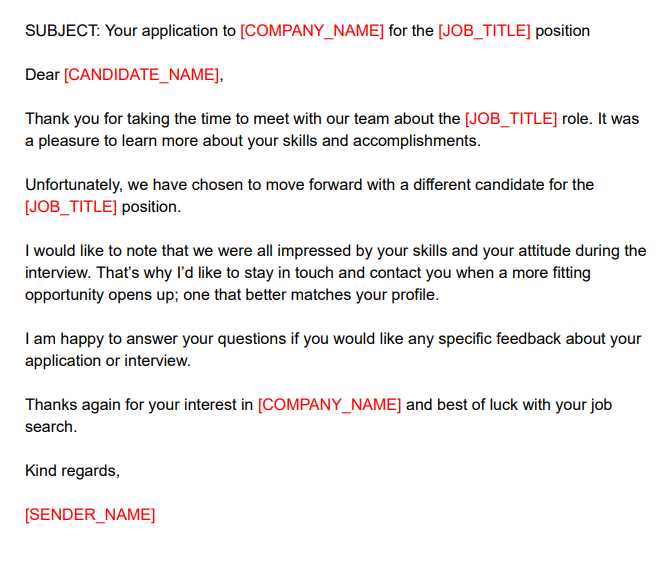
Here are several strategies to effectively highlight your flexibility during discussions with potential employers:
- Share Past Examples: Highlight situations where you’ve successfully adjusted to new roles or responsibilities. Showing that you’ve thrived in diverse environments reinforces your ability to adapt.
- Express Enthusiasm for Learning: Emphasize your eagerness to acquire new skills or knowledge, even if it’s outside your previous experience. This demonstrates that you view each opportunity as a chance to grow.
- Highlight Soft Skills: Skills like communication, problem-solving, and collaboration can all be indicators of your adaptability. Showcase how you’ve used these skills to adjust to new team dynamics or changes in company goals.
Position Yourself as a Solution
It’s also helpful to frame your extensive background as a solution to the company’s needs. Instead of focusing solely on your experience, emphasize how your diverse skills allow you to approach challenges from various angles. This shows that your flexibility enables you to offer fresh insights and contribute to the company’s success in innovative ways.
Overcoming the Fear of Having Excessive Experience
When you possess more expertise than what is required for a particular role, it can lead to self-doubt or anxiety about how your qualifications will be perceived. The fear of being seen as too experienced or too capable for a role can cause hesitation, making you question whether you will be welcomed or valued by potential employers. However, this fear can be managed and turned into a positive by focusing on how your advanced skills and experience can benefit both you and the company.
Reframe Your Perspective
One of the first steps in overcoming this fear is to shift your mindset. Rather than viewing your qualifications as a hindrance, recognize them as an asset. Your diverse skills and knowledge allow you to bring a wealth of value to the table, and you should embrace this rather than downplay it. Understand that employers appreciate expertise that can help streamline processes, solve problems quickly, and bring fresh ideas to the workplace.
Communicate Your Motivation and Goals
Another way to address concerns about having too much experience is to clearly communicate your motivations. Express your enthusiasm for the role and explain how it aligns with your long-term goals. By showing that you’re genuinely interested in contributing to the company’s success and finding fulfillment in the position, you reassure employers that you are fully invested in the opportunity, regardless of your extensive background.
Highlighting Your Adaptability in Interviews
When your background includes a broad range of experiences, one of the most powerful traits you can showcase is your ability to adapt to new environments and challenges. Employers may have concerns about how easily you can transition into a new role, so it’s crucial to demonstrate your flexibility and willingness to embrace change. By highlighting your adaptability, you reassure potential employers that you can seamlessly integrate into their team and contribute effectively, regardless of the role’s scope.
Ways to Showcase Your Flexibility
Here are some strategies to emphasize your adaptability during a conversation with potential employers:
- Share Specific Examples: Provide concrete examples of times when you successfully adapted to new responsibilities or environments. Whether it was learning a new technology, adjusting to a different team dynamic, or taking on a project outside your comfort zone, these experiences demonstrate your flexibility in action.
- Emphasize Your Willingness to Learn: Highlight your eagerness to continue learning and developing. Express that you are open to acquiring new skills and can quickly adapt to different challenges, even if the role requires learning something new.
- Discuss Your Past Adjustments: Talk about situations where you’ve shifted your approach or mindset to achieve success in a new role. Explain how you’ve embraced change and how these experiences have made you more adaptable in future challenges.
Reframe Your Experience as an Advantage
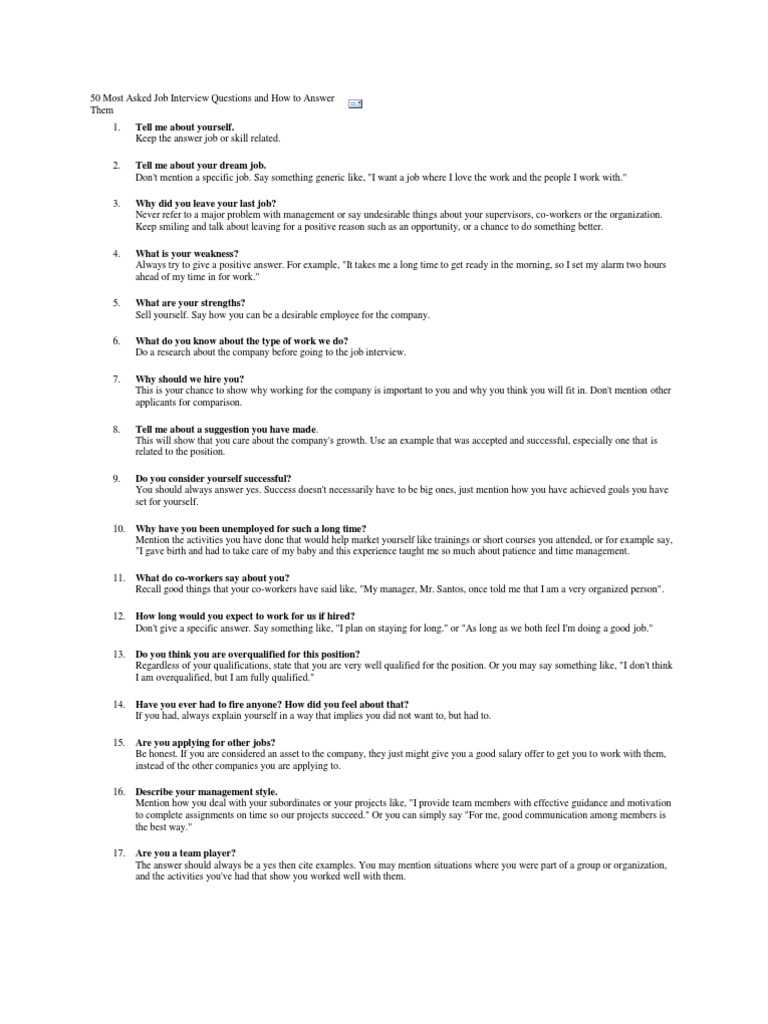
While your experience may seem vast, you can position it as a positive by framing it in terms of your ability to bring fresh perspectives and innovative solutions. Instead of focusing on the notion that your background might be too advanced for the role, emphasize how your diverse experiences make you uniquely equipped to adapt quickly and add value in new environments.
Explaining Career Goals Without Sounding Overqualified
When discussing your long-term aspirations with potential employers, it’s important to convey your ambitions in a way that doesn’t make you seem out of place for the role. Often, individuals with extensive experience may unintentionally give the impression that their goals are too lofty or disconnected from the position at hand. However, by framing your career goals strategically, you can demonstrate how the role aligns with your values, ambitions, and ongoing growth without appearing overly advanced for the opportunity.
Instead of focusing solely on high-level achievements or future positions that may seem far beyond the role, emphasize how this position serves as an important step in your personal and professional development. Highlight your enthusiasm for the immediate challenges and how they align with your values and growth objectives. This approach allows you to articulate your goals while still showing your commitment to the current role.
Here are some tips to explain your career goals effectively:
- Focus on Skills Development: Emphasize your desire to build new skills or refine existing ones. Discuss how you see the current role as a valuable opportunity to expand your knowledge and make a meaningful contribution.
- Align with Company Values: Show how your aspirations align with the company’s mission and values. This helps the employer see your long-term goals as compatible with their objectives, making your commitment to the role clear.
- Emphasize Long-Term Impact: Frame your career objectives around how you can contribute to the company’s long-term success, rather than seeking immediate promotions or drastic career shifts. This shows that your focus is on making a meaningful impact in the position.
Why Employers Value Experienced Candidates
Companies often seek individuals with a broad range of experience because they bring valuable knowledge, problem-solving abilities, and leadership qualities. While some may worry that a candidate’s background may be seen as too extensive, employers understand that seasoned professionals can offer immediate contributions that less experienced candidates may not be able to. The right mix of experience can lead to greater efficiency, fresh insights, and a quicker learning curve in new roles.
Immediate Impact and Efficiency
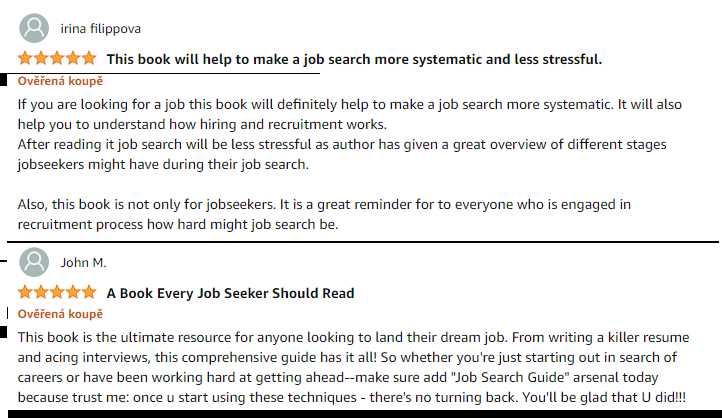
Experienced candidates can hit the ground running. Their previous exposure to various situations allows them to adapt quickly, solve problems efficiently, and avoid common pitfalls that less experienced individuals might face. This ability to make an impact from day one is highly valued by employers who need immediate results without a long onboarding process.
Bringing Fresh Perspectives
In addition to their technical skills, individuals with extensive backgrounds often bring unique perspectives gained from their diverse experiences. These fresh ideas can lead to innovation, process improvements, and creative solutions that can push the company forward. Employers appreciate candidates who can challenge the status quo and introduce new ways of thinking to enhance productivity and effectiveness.
Reframing Overqualification as Enthusiasm

When a candidate has a wealth of experience or education beyond the typical requirements, it can sometimes be viewed as a challenge for employers. However, this extensive background can be reframed as a strong indicator of enthusiasm and passion for the role. By positioning your qualifications as a reflection of your eagerness to contribute, rather than as a barrier, you can show that your depth of experience is an asset that enhances your potential value to the organization.
One effective way to reframe an extensive background is to emphasize your motivation to remain engaged and involved in your career journey. Highlighting your continued enthusiasm for learning, adapting, and making a meaningful impact can turn the perception of “too much experience” into a positive aspect of your candidacy.
Here are a few strategies to present your qualifications as enthusiasm:
| Strategy | Example |
|---|---|
| Show Desire to Contribute | Express your passion for using your skills to help the company reach its goals, demonstrating that your experience is a resource you are eager to apply. |
| Focus on Growth Potential | Explain how you see this role as an exciting challenge that will allow you to grow professionally, even though your experience may be beyond the minimum requirements. |
| Demonstrate Long-Term Commitment | Reassure the employer that your interest in the role is driven by a genuine desire to make an impact, rather than a temporary solution before moving on to something else. |
How to Navigate Salary Expectations

Discussing compensation can be one of the more challenging aspects of the hiring process, especially when your background exceeds the typical qualifications for the role. It’s important to approach salary conversations thoughtfully to ensure your expectations align with both your experience and the company’s budget, while also demonstrating flexibility and an understanding of the broader context of the position.
To handle salary discussions effectively, it’s crucial to do your research and be prepared to communicate your value without seeming inflexible or out of touch with the company’s needs. Below are some tips for navigating this sensitive topic:
- Do Your Research: Before any discussions, research industry salary standards for similar roles. This will provide a clear benchmark and allow you to make an informed proposal.
- Frame Expectations in Range: Instead of providing a fixed number, offer a salary range based on your research and personal expectations. This shows flexibility and openness.
- Emphasize Value: When discussing compensation, highlight the unique skills and experience you bring to the table. Position your salary expectation as a reflection of the value you are poised to deliver to the company.
- Be Transparent: If asked about your previous earnings, provide context, such as your past responsibilities or the level of the role, but be open to discussing how your compensation needs may evolve based on the new position.
- Be Willing to Negotiate: Understand that compensation packages can include more than just salary. Be open to considering benefits, work-life balance, and other incentives when evaluating an offer.
By approaching salary discussions with professionalism, research, and flexibility, you can help ensure that both you and the employer feel confident in the compensation arrangement, setting the stage for a mutually beneficial partnership.
Making Your Overqualification Work for You
When you bring more experience or skills than a role may typically require, it can sometimes be perceived as a challenge. However, this wealth of expertise can actually be a powerful asset when presented correctly. By highlighting the additional value you bring, you can turn what might be seen as a disadvantage into a key strength.
One effective way to frame your background positively is to demonstrate how your advanced skills can lead to increased efficiency, mentorship opportunities, and overall team improvement. Here are some strategies to ensure that your extensive experience works in your favor:
- Show Your Willingness to Contribute Beyond Expectations: Emphasize your readiness to take on extra responsibilities or to mentor less experienced team members. This can help reassure the employer that your expertise will be a benefit, not a challenge.
- Highlight Adaptability: Stress your ability to learn quickly and adapt to new environments. Show that you’re not just looking to “fit in” but are eager to add fresh perspectives and drive innovation in the role.
- Emphasize Long-Term Value: Explain how your broad experience can help the organization not just in the short term, but also in achieving its long-term goals. Your past knowledge can bring valuable insights that help shape strategy and improve processes.
- Focus on Transferable Skills: Even if the position seems beneath your experience, highlight how the skills you’ve gained can be applied in new contexts. Whether it’s leadership, problem-solving, or technical expertise, showing how your background enriches the role can set you apart.
By shifting the focus from potential concerns to the advantages your expertise brings, you can demonstrate to employers that your diverse qualifications are an asset that will elevate both the role and the company as a whole.
Building Confidence During Job Interviews
Confidence plays a crucial role in making a strong impression when you’re discussing your qualifications with potential employers. Whether you bring extensive experience or a wealth of skills, feeling assured about your abilities can make a significant difference in how you present yourself. It’s not just about showcasing what you know but also how you communicate it.
Building self-assurance is key to addressing any concerns that may arise and positioning yourself as the ideal candidate. Here are some practical strategies to boost your confidence:
- Prepare Thoroughly: Confidence starts with preparation. Research the company, understand the role, and anticipate questions that may arise. The more knowledgeable you are about the position and the organization, the more comfortable you will feel during the conversation.
- Practice Your Responses: Rehearse your answers to common questions, especially those about your experience and qualifications. Practicing with a friend or in front of a mirror can help you refine your delivery and ensure you’re conveying your strengths clearly.
- Focus on Your Strengths: Make sure to highlight your unique qualifications and the value you bring. Instead of feeling unsure about the match between your skills and the role, embrace how your background can contribute to the organization’s success.
- Maintain Positive Body Language: Confidence isn’t just about what you say–it’s also about how you say it. Stand tall, make eye contact, and use open body language. This non-verbal communication can help reinforce your words and show that you believe in your own abilities.
By practicing these strategies, you can foster a sense of confidence that allows you to engage authentically with the employer, ensuring you communicate your strengths and potential effectively. Confidence not only enhances your presentation but also helps you handle any questions or concerns with poise.